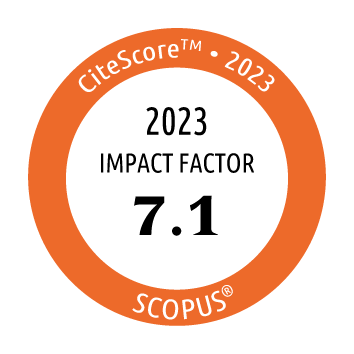| Return to Contents in this Issue | |||||||
Original Article |
|||||||
|
Allergic Rhinitis: Can We Identify Nonadherence to Therapy and Its Predictors Easily in Daily Practice? |
|||||||
|
I Koca Kalkan, A Baccioglu Kavut, AF Kalpaklioglu |
|||||||
|
Kirikkale University School of Medicine, Department of Immunology and Allergic Diseases, Kirikkale, Turkey |
|||||||
|
J Investig Allergol Clin Immunol 2013; Vol. 23(5): 315-322 |
|||||||
|
|||||||
|
|
|||||||




